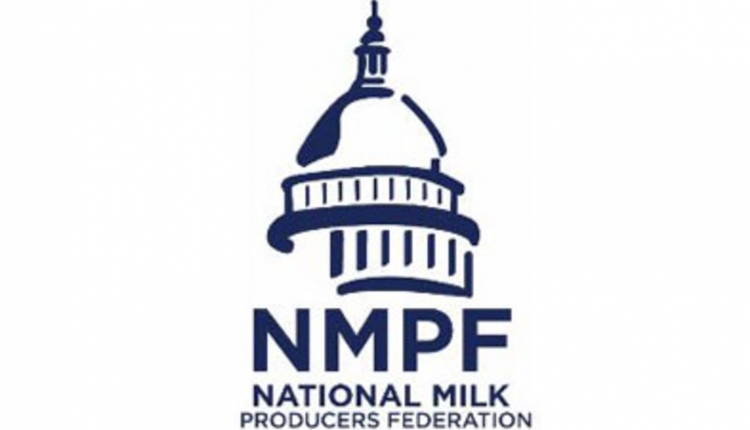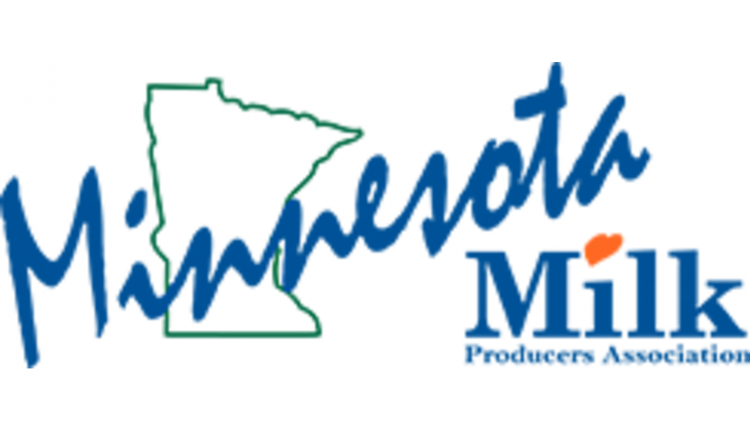The information below has been supplied by dairy marketers and other industry organizations. It has not been edited, verified or endorsed by Hoard’s Dairyman. 
Letters of Intent are due no later than August 15, 2018. The instructions and form are now available at ofrf.org. Those invited to submit full proposals will be notified in the fall. Grant funding will be announced in spring 2019.
Since 2006, OFRF has invested over $3M in research projects based on scientific merit, combined with the potential to address key grower challenges. Techniques and findings from OFRF-funded research have been widely implemented by organic farmers and ranchers, with information disseminated online, in publications, and at farming conferences and field days.
The grants have also played a crucial role in advancing the careers of young scientists, enabling them to leverage significant additional funding to grow their programs and continue the work on a larger scale.
Based on the OFRF report, 2016 National Organic Research Agenda (NORA), this year’s priority areas for research projects include soil health, innovative weed control, organic insect pest management, livestock health, social science research on the marketing, policy, and economic barriers to successful organic production and barriers to transition, and emerging issues related to environmental, economic, or social challenges for organic growers. Submissions must meet one or more of these priority areas. We encourage applicants to download the report for more details.
We look forward to another year of outstanding project submissions!
Visit ofrf.org for more information.
Organic Farming Research Foundation (OFRF) is a non-profit foundation that works to foster the improvement and widespread adoption of organic farming systems. OFRF cultivates organic research, education, and federal policies that bring more farmers and acreage into organic production.

With demand for their research grants growing every year, OFRF is modifying its grant funding process to include a Letter of Intent prior to the submission of a full proposal.“We are thrilled at the level of interest in our grants and the impact our funding has made over the years." says Diana Jerkins, OFRF’s Research Director. “Starting the cycle a little earlier with a Letter of Intent will help us prioritize the projects that most closely match our funding priorities."
Letters of Intent are due no later than August 15, 2018. The instructions and form are now available at ofrf.org. Those invited to submit full proposals will be notified in the fall. Grant funding will be announced in spring 2019.
Since 2006, OFRF has invested over $3M in research projects based on scientific merit, combined with the potential to address key grower challenges. Techniques and findings from OFRF-funded research have been widely implemented by organic farmers and ranchers, with information disseminated online, in publications, and at farming conferences and field days.
The grants have also played a crucial role in advancing the careers of young scientists, enabling them to leverage significant additional funding to grow their programs and continue the work on a larger scale.
Based on the OFRF report, 2016 National Organic Research Agenda (NORA), this year’s priority areas for research projects include soil health, innovative weed control, organic insect pest management, livestock health, social science research on the marketing, policy, and economic barriers to successful organic production and barriers to transition, and emerging issues related to environmental, economic, or social challenges for organic growers. Submissions must meet one or more of these priority areas. We encourage applicants to download the report for more details.
We look forward to another year of outstanding project submissions!
Visit ofrf.org for more information.
Organic Farming Research Foundation (OFRF) is a non-profit foundation that works to foster the improvement and widespread adoption of organic farming systems. OFRF cultivates organic research, education, and federal policies that bring more farmers and acreage into organic production.


